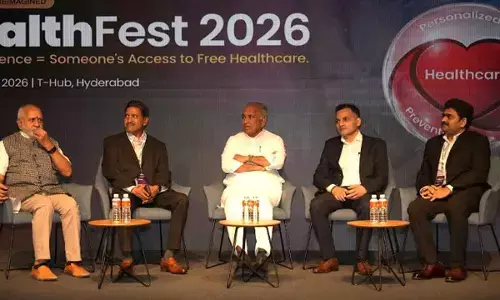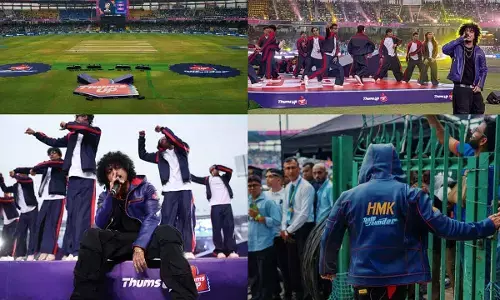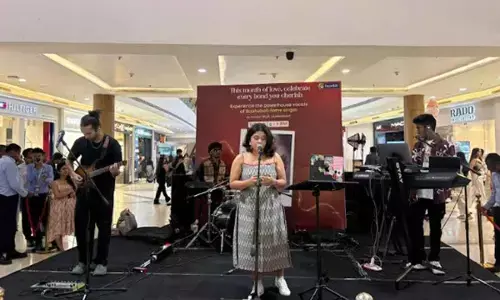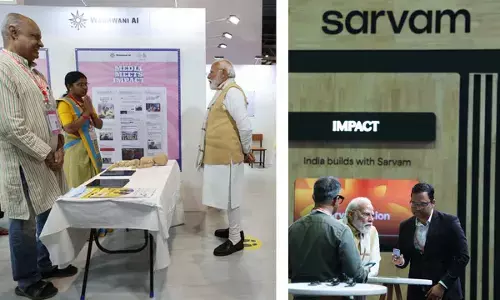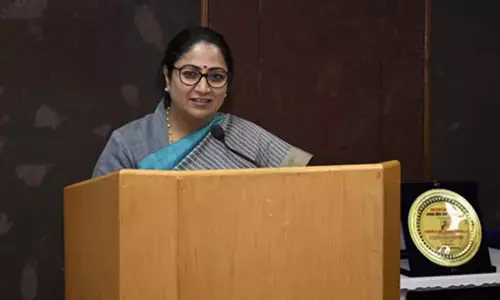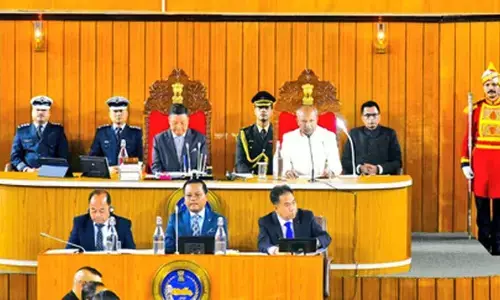South Korean govt scraps all administrative steps against striking trainee docs
Share :
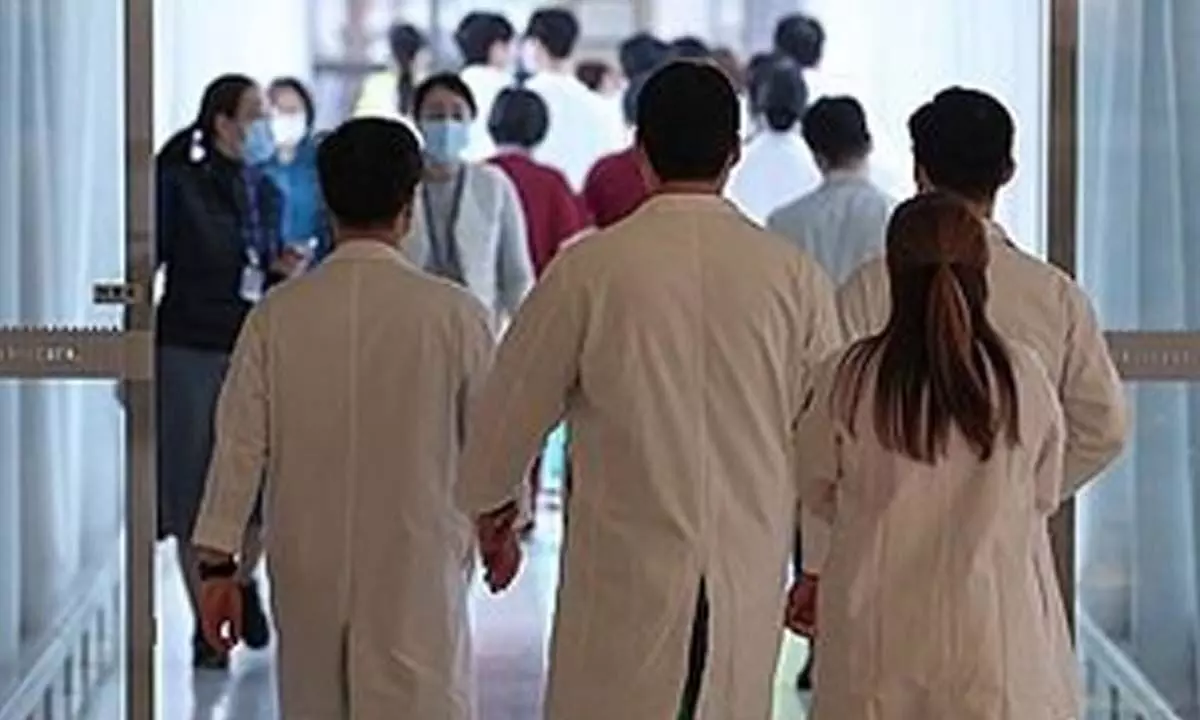
The South Korean government announced a decision on Monday to withdraw its plan to take administrative steps, including the suspension of medical licenses
Seoul: The South Korean government announced a decision on Monday to withdraw its plan to take administrative steps, including the suspension of medical licenses, against striking trainee doctors in an effort to seek a breakthrough in monthslong medical service disruptions.
More than 12,000 trainee doctors, over 90 per cent of the total, have been on strike in the form of mass resignations since February 20 in protest of the government's medical school admissions quota hike, and most of them have rejected the state order to return to work, reports Yonhap News Agency.
"Starting today, the government decided not to seek administrative steps against any trainee doctors regardless of their returning to hospitals given the demand from the medical community and the health care situations," Health Minister Cho Kyoo-hong told a press briefing after a meeting of the Central Disaster and Safety Countermeasures Headquarters.
"The government will give special favours to returning junior doctors regarding their training, as well as to those who opt to apply again for training courses in September," Cho added.
The government had said it would suspend the medical licenses of the striking doctors and take other punitive, administrative steps for collective action in accordance with the law.
But the medical community has called for the withdrawal, saying such measures have rather worsened the situation as doctors are reluctant to return to work out of concerns that the move would lead to punishment against their defiant colleagues.
Officials later hinted at suspending, rather than cancelling, such plans, but Cho made it clear that the government would accept the doctors' demand.
The decision, however, could spark criticism that it hurts the principle of fairness over the government's handling of labour actions as doctors are allowed to go unpunished despite illegal acts.
"It aims to minimise the medical service vacuum for seriously ill, emergency patients and to nurture professional doctors at a proper time to guarantee public interests," Cho said, asking training hospitals to finalise the number of vacancies by next Monday.
It is not immediately known how many of the striking doctors would return to work following the announcement.
"We believe that the withdrawal of administrative measures was the minimum step necessary to initiate a dialogue," a third-year resident told Yonhap News Agency, requesting not to be named. "I believe this is the right direction, regardless of whether it was sufficient or not."
An Suk-kyoon, who leads the emergency committee of medical professors at Yonsei University, however, noted that the government fell short of offering credible messages to the medical community.
"Although the government's announcement may mark a half step forward, it only withdrew the administrative steps instead of cancelling them," An said.
For more fundamental solutions, the government vowed to push for reforming the manpower structure of major general hospitals by reducing their dependence on trainee doctors and boosting the number and roles of professional doctors and physical assistance nurses.
By doing so, large hospitals will be able to better focus on providing treatment to emergency patients, and those who suffer from critical cases and rare diseases, according to the health ministry.

